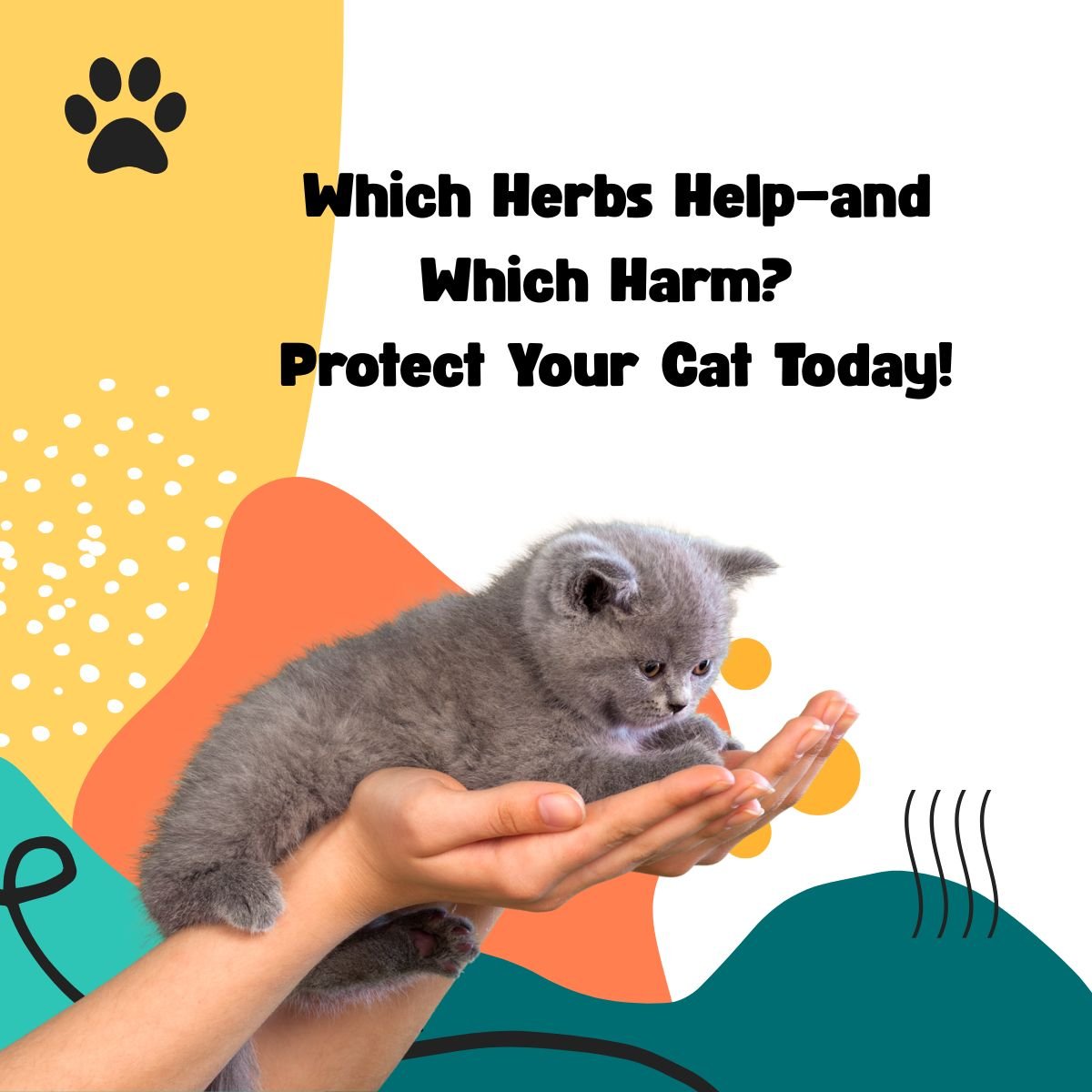Have you ever considered how herbal supplements could improve the wellbeing of your feline friend? In the world of pet care, herbal options are becoming increasingly popular as pet owners look for natural and holistic approaches to enhance the health and happiness of their companions. For cats, who can sometimes have sensitive systems, this can be an attractive alternative to standard medications.
Understanding Herbal Supplements for Cats
Before diving into specific benefits, it’s essential to understand what herbal supplements entail. Herbal supplements are natural products derived from plants such as roots, leaves, seeds, or flowers. These supplements contain active ingredients that can help address various health issues in cats, from digestive problems to skin conditions.
Why Consider Herbal Supplements?
You might be wondering why herbal supplements should be considered for your pet. These supplements offer a holistic approach to health by addressing the root cause of health issues rather than just masking symptoms. Many pet owners prefer this route for its natural foundation, minimizing exposure to synthetic chemicals often found in conventional medications.
Safety and Precautions
While herbal supplements can be beneficial, they must be used judiciously. Cats metabolize drugs differently than humans or even dogs, so using herbs incorrectly can lead to unwanted side effects. Always consult a vet knowledgeable in herbal medicine before introducing any new supplement to your cat’s regimen. They can guide you on the correct dosage and monitor for any adverse reactions.
Key Benefits of Herbal Supplements for Cats
Now that you have a basic understanding of herbal supplements, let’s delve into the benefits.
Improved Digestion
Cats, known for their finicky eating habits, can often suffer from digestive problems. Some herbs, such as slippery elm and ginger, are known for their digestive soothing properties. Slippery elm, for instance, can help coat the digestive tract, alleviating inflammation and discomfort.
Enhanced Immune System
Just like humans, cats benefit from a robust immune system to ward off illnesses. Herbs like echinacea are reputed for their immune-boosting properties. By incorporating such supplements, you may help your cat maintain a strong defense against common sicknesses.
Anti-inflammatory Effects
Cats with arthritis or other inflammatory conditions can find relief through herbal supplements. Turmeric, a well-known anti-inflammatory herb, contains curcumin, which can help reduce joint pain and improve mobility. Proper dosage is crucial, so consulting with your vet for an appropriate amount is recommended.
Stress and Anxiety Reduction
Herbs such as chamomile and valerian root can help manage a cat’s stress and anxiety levels. Whether dealing with a new environment or simply a high-strung disposition, these calming herbs can offer relief. They work by supporting the nervous system, promoting a sense of calm and well-being.
Support for a Healthy Skin and Coat
A cat’s skin and coat health can directly influence their overall well-being. Supplements like aloe or nettle can help with conditions such as dry skin, excessive shedding, or allergies. These herbs contain vitamins and minerals that nourish and strengthen the skin and fur.
Detoxification
Herbs like milk thistle are excellent for detoxifying the liver. If your cat has been exposed to toxins or requires support in processing medications, this herb can aid in cleansing the liver and promoting better overall health.
Popular Herbal Supplements for Cats

Let’s look at some of the most popular herbal supplements used to enhance feline health:
| Herb | Purpose |
|---|---|
| Slippery Elm | Aids in digestion, soothes the digestive tract |
| Echinacea | Boosts the immune system |
| Turmeric | Provides anti-inflammatory benefits |
| Chamomile | Reduces stress and anxiety |
| Valerian Root | Manages stress, promotes calmness |
| Nettle | Supports skin and coat health |
| Milk Thistle | Detoxifies the liver |
Slippery Elm
Derived from the inner bark of the slippery elm tree, this herb is often used for gastrointestinal issues. It acts as a lubricant on the mucous membrane, reducing irritation within the GI tract. This can be particularly beneficial for cats with inflammatory bowel disease.
Echinacea
This plant is famed for its immune-supporting properties. By stimulating the production of white blood cells, echinacea can help your cat fight off infections more effectively, making it particularly useful during flu season or when contending with stubborn infections.
Turmeric
The active compound in turmeric, curcumin, is well-renowned for its ability to fight inflammation. For cats suffering from arthritis or similar ailments, a turmeric supplement may provide much-needed relief and improve their quality of life.
Chamomile and Valerian Root
Both of these herbs are fantastic for soothing stressed or anxious cats. Chamomile has mild sedative effects and is anti-inflammatory, while valerian root can help when your cat is particularly nervous. These herbs offer a more natural approach in calming feline nerves without the heavy side effects of standard anxiety medications.
Nettle
This herb is packed with nutrients that can support your cat’s overall health, particularly their skin and coat. It’s often used in circumstances where allergies or skin disorders are concerned, providing an underlying boost to skin condition and fur quality.
Milk Thistle
As one of the best-known herbs for liver support, milk thistle operates by regenerating liver cells and eliminating toxins from the body. If your cat’s liver is under stress, perhaps from medication or an adverse reaction, milk thistle can offer a gentle and natural aid.
How to Choose the Right Supplements
When deciding on herbal supplements for your feline companion, it’s crucial to assess their specific needs. Is your cat dealing with chronic anxiety, or are they more prone to digestive issues? Tailoring your supplements to address specific concerns ensures you’re not overloading your pet with unnecessary ingredients.
Quality Matters
Be sure to choose high-quality supplements from reputable sources. The herbal supplement industry is not as tightly regulated, so seeking out products tested by third parties for purity and concentration is crucial. Top-tier brands often provide this information transparently.
Dosage and Administration
It’s essential to follow proper dosing guidelines to ensure safety and effectiveness. Cats require different dosages than humans, and even slight miscalculations can lead to problems. Typically, vets familiar with herbal remedies can assist in recommending the right dose.
Observation and Adjustment
Once you introduce a supplement, monitoring your cat’s reaction is crucial. Note any changes in behavior or health, positive or negative. If any adverse reactions occur, contact your veterinarian immediately. Remember that patience is vital, as herbal supplements can take time to manifest their full effects.
Conclusion
Herbal supplements offer a promising avenue for supporting your cat’s health in a natural, holistic manner. By understanding the benefits and precautions associated with these supplements, you can make informed choices for your feline’s wellbeing. Always prioritize consultation with a veterinary professional experienced in herbal treatments to ensure the safest and most effective plan for your furry friend. Your attentiveness and proactive care can pave the way for a happy, healthy life for your beloved cat.






